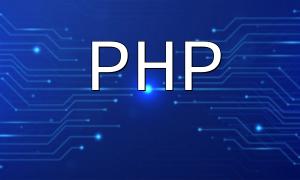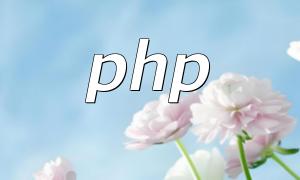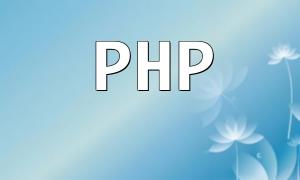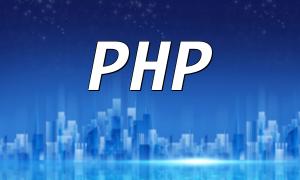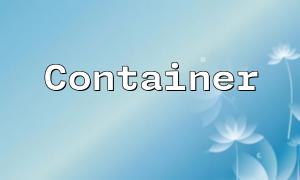In modern web development, JSP (JavaServer Pages) and PHP (PHP: Hypertext Preprocessor) are two widely used technologies. Each offers unique advantages suitable for different project types. This article compares these technologies across multiple aspects to help developers select the most appropriate tool for dynamic web development.
JSP is a Java-based technology that allows embedding Java code within HTML pages. It relies on Java Servlet technology and typically runs on Java EE application servers, making it suitable for building large-scale, enterprise-level applications.
PHP is an open-source server-side scripting language designed specifically for web development. Its simple syntax makes it easy to learn and quickly generate dynamic web pages. PHP supports multiple database systems and is widely used from small websites to large content management systems (CMS).
Regarding performance, JSP generally offers higher processing efficiency, especially under high concurrent requests. Thanks to Java's multithreading and resource management, JSP is ideal for stable and efficient enterprise applications.
PHP performs well in small to medium-sized applications but may face performance bottlenecks under extremely high traffic. With caching mechanisms and optimized configurations, PHP's performance can be significantly improved.
JSP development typically uses integrated development environments like Eclipse and NetBeans, which provide extensive support and debugging features for Java development. PHP developers can choose editors such as PhpStorm and Visual Studio Code, enjoying rich plugin ecosystems and flexible debugging tools.
In terms of ecosystem, PHP boasts a large community and numerous open-source frameworks like Laravel and Symfony, greatly accelerating web application development. JSP mainly relies on the Java ecosystem, utilizing mature frameworks such as Spring and Hibernate, suitable for complex business logic and large-scale systems.
From a security perspective, JSP benefits from Java's security model, offering robust protection when handling user inputs and sensitive information.
In contrast, PHP is more vulnerable to attacks like SQL injection and cross-site scripting (XSS). Developers need to strengthen security through parameterized queries, strict input validation, and other best practices.
Choosing between JSP and PHP should be based on specific project needs and the team's technical expertise. If your project prioritizes security and high concurrency handling, JSP is the preferred choice. For rapid development and deployment, especially suitable for small to medium projects, PHP offers clear advantages.
Understanding the characteristics and appropriate use cases of both technologies will help developers build efficient and secure dynamic websites.
